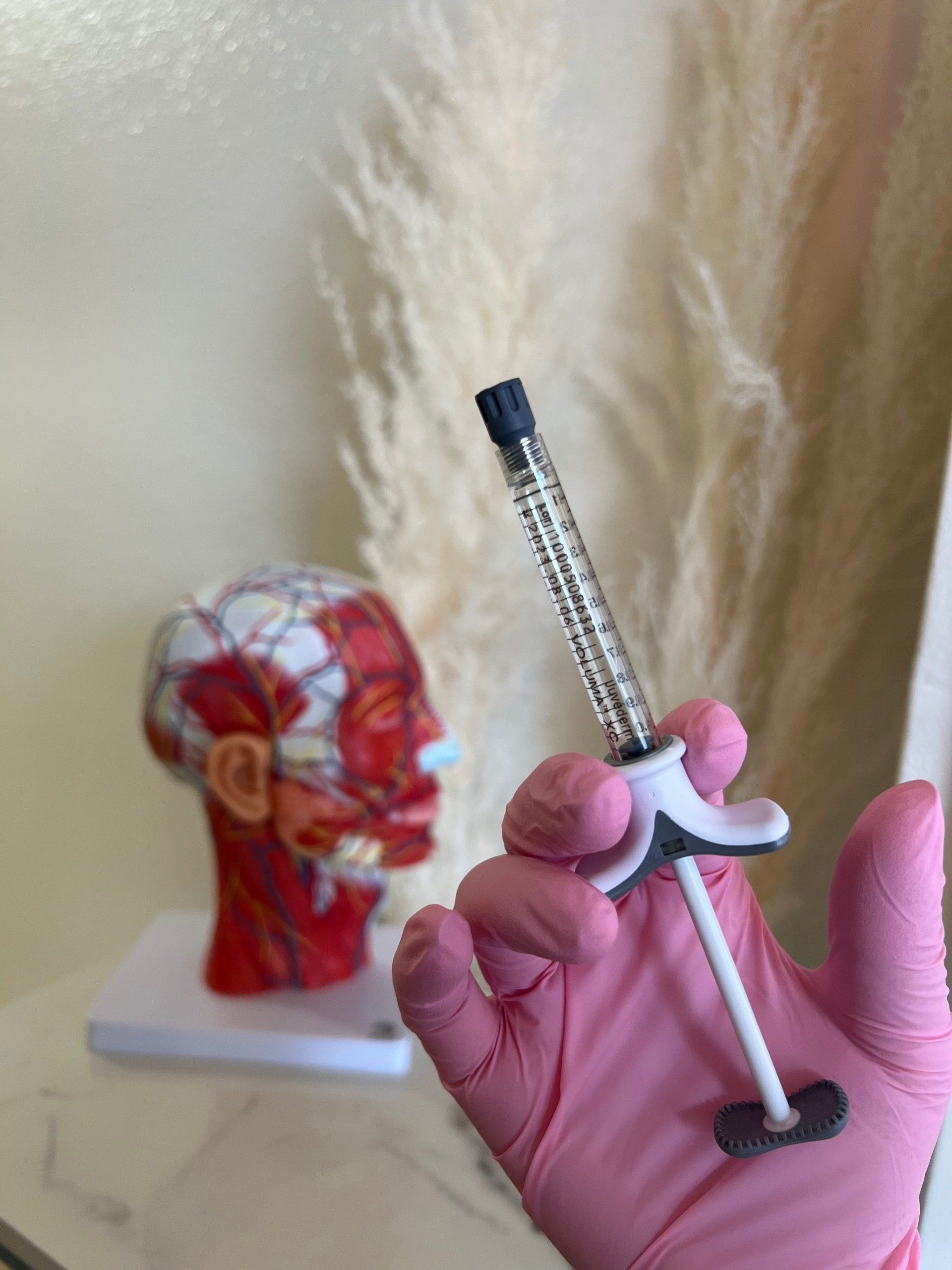Magnesium: Essential for Overall Health
The Importance of Meeting Your Daily Magnesium Needs
Magnesium is an essential mineral that plays a vital role in many bodily functions. It is involved in over 300 enzymatic reactions, and it is essential for maintaining good health and well-being. Magnesium is important for heart health, muscle function, sleep quality, bone health, and diabetes management.
Magnesium and Heart Health
Magnesium helps to regulate blood pressure and improve blood flow. This can reduce the risk of hypertension and heart disease. A study published in the journal Heart found that people with higher magnesium levels had a lower risk of heart disease and stroke.
Magnesium for Athletes and Fitness Enthusiasts
Magnesium is important for muscle contraction and relaxation. This can help to prevent muscle cramps and spasms during physical activity. Magnesium is also important for energy production and metabolism. A study published in the journal Sports Medicine found that magnesium supplementation can improve athletic performance and recovery.
Magnesium and Mental Health
Magnesium has been shown to be effective in reducing anxiety and insomnia. A study published in the journal Magnesium Research found that magnesium supplementation significantly reduced symptoms of anxiety and improved sleep quality.
Magnesium and Bone Health
Magnesium is important for bone health. It works with calcium and vitamin D to build and maintain strong bones. A study published in the journal Osteoporosis International found that magnesium supplementation can reduce the risk of bone fractures.
Magnesium for Diabetes Management
Magnesium is important for blood sugar control. It helps to improve insulin sensitivity and glucose regulation. A study published in the journal Diabetes Care found that magnesium supplementation can improve blood sugar control in people with type 2 diabetes.
How to Get Enough Magnesium
The best way to get enough magnesium is through a healthy diet. Good sources of magnesium include leafy green vegetables, nuts, seeds, and legumes. You can also take a magnesium supplement if you are not getting enough magnesium from your diet. The recommended daily intake of magnesium for adults is 400-420 milligrams for men and 310-320 milligrams for women.
Magnesium is an essential mineral that plays a vital role in many bodily functions. It is important for heart health, muscle function, sleep quality, bone health, and diabetes management. You can get enough magnesium through a healthy diet or by taking a supplement.
Microneedling


Disclaimer - The products and services provided by IVital, Inc are not intended to treat, diagnose, prevent or cure any illness or disease. The services provided on this website have not all been evaluated by the Food and Drug Administration. The information on this website is for educational purposes only and not intended as medical advice. Although IVital is run by professionals in their fields who have endeavored to formulate exceptional services and products to every individual, we still ask that you consult your physician before beginning any treatment or procedure.
All Rights Reserved | IVital LLC.







